
We send you all things hot & interesting from 200+ skill domains in to our community.

One of the first questions that arises when you’re picking a career path is ‘Do I have the necessary skills to make it in this line of work?’ The same is true for cybersecurity. This article is about exploring the languages needed for cyber security, a key skill set required to become a cybersecurity professional.

The simple answer is ‘yes’. For a career in cybersecurity, you need programming skills. Any software website or mobile app requires some programming language and coding skills to be created. So, to get a good grasp on it, extensive knowledge of at least one programming language is necessary.
The language, however, depends on your intended cybersecurity specialty, and it varies for executives and offensive and defensive cybersecurity professionals.

The ideal cybersecurity professional knows system architectures, system management, operating systems, networking, applications for virtualization, and other important IT system components. Thorough knowledge of the design of networks helps you to get a big view of where potential flaws exist and how all access points can be secured from attacks.

Even though you’re a few steps away from a job involving programming skills, it’s not a bad idea to have an idea of what’s out there on the horizon. Generally, higher-level positions that concentrate on some kind of software engineering or research, or penetration testing are the fields of cybersecurity that most frequently involve coding expertise. A tip-off would be any job title that has the word engineer or developer in it, but many other job titles can also request programming skills.
Some other cybersecurity roles, in addition to those jobs, would use programming, specifically Python, to produce automation scripts. Of course, the positions that need programming skills explicitly will be on a case-by-case basis and will evolve over the years as the field of cybersecurity continues to grow.

Awareness of a programming language unlocks the secrets of how a software hack works. A security specialist would also need to investigate the digital traces left behind to discover how an intruder successfully compromised a device. An understanding of the terminology used to produce the weapons involved is important to make sense of this evidence.
At least one object-oriented programming language is recommended for cybersecurity practitioners to study. It is safer to learn more than one language, but a solid understanding of one language can help to understand many other languages.
Approximately 250 common computer programming languages are available, and as many as 700 are used around the world in total. The ten computer programming languages most important to professionals in cybersecurity are below. These are the languages widely used by cybercriminals, so a strong knowledge of coding for cybersecurity would give security professionals who are fluent in one or more of these cybersecurity languages a major advantage over those who are not.
for cybersecurity purposes. The important languages for cybersecurity are not limited to this list only and are in no particular order. You can choose whichever you find easier or add more to your list.
1-Java
2-C/C++
3-Python
4-Javascript
5-PHP
6-SQL
7-Swift
8-Ruby
9-Perl
10-Lisp
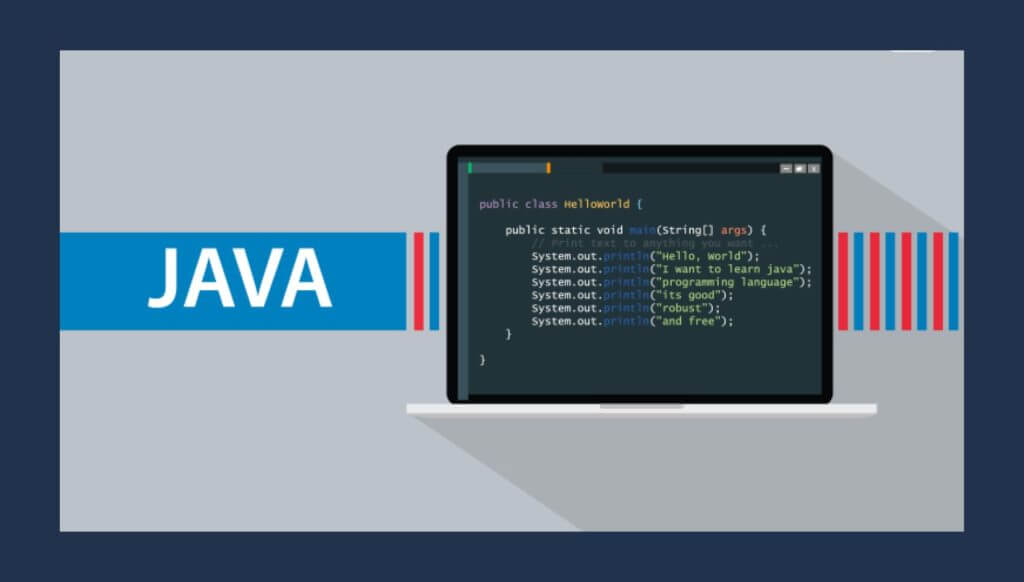
Java has a great deal to offer cybersecurity coders as the most common programming language for programmers in general. By gaining and retaining knowledge of the Java programming language, if a coder focuses more on the development of computer or mobile device apps over web applications, they are likely to boost their employability. Without the need for recompilation, compiled Java code will run on all platforms which support Java. It is one of the most useful programming languages in use today and, similar to C/C++, is structured.
While there are historic and current legal battles between Oracle (self-described Java technology steward) and Google, Java is a significant component of the Android mobile operating system (main contributor and commercial marketer of Android). For security practitioners, Java is relevant because it is so widely used. It is calculated by several industry sources that over 95% of business desktops run Java.
For those already qualified in the former, the similarities between C/C++ and Java make it a natural ability to incorporate. To learn Java as well, a C/C++ programmer looking to spruce up their cybersecurity resume will do well.
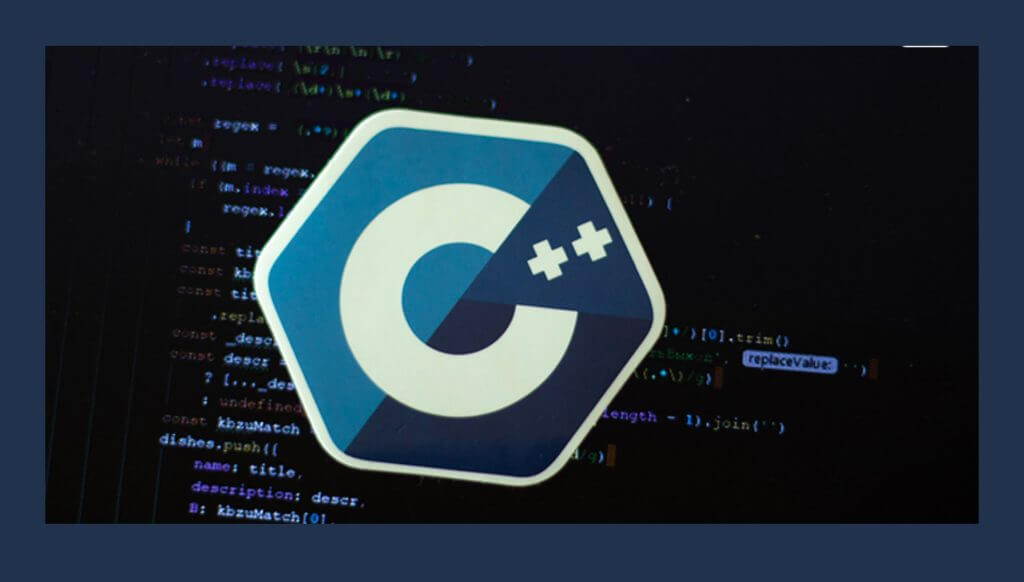
Originally designed by Dennis Ritchie between 1972 and 1973 at Bell Labs, the C programming language is arguably one of the most important programming languages for cybersecurity professionals to learn++ was developed as an extension of the C programming language by Bjarne Stroustrup. It is an update to the C programming language, also called “C with Classes”.
The C or C++ programming languages are used by millions or even billions of computers around the world, including those running Windows, Mac, or Linux operating systems. They are often referred to as a single language, namely C/C++.
Since C/C++ languages are lower-level than languages such as Python or Java, they are much more powerful in certain respects, although more difficult to master.
The use of low-level languages offers direct access to low-level infrastructures such as device processes and RAM. This low-level access is what makes C/C++ especially dangerous in their hands and appealing to cybercriminals. Notice that novice adversaries, usually known as script kiddies, generally do not use C/C++. It can take years for these languages to learn. An understanding of C/C++ combined with assembly language experience gives hackers comprehensive insight into programs and their control of memory.
Open source code, which also supports low-level system programs that are vital components of operating systems, is often important for reading and understanding C/C++. For their operations, many black hats work with and depend on open-source code.
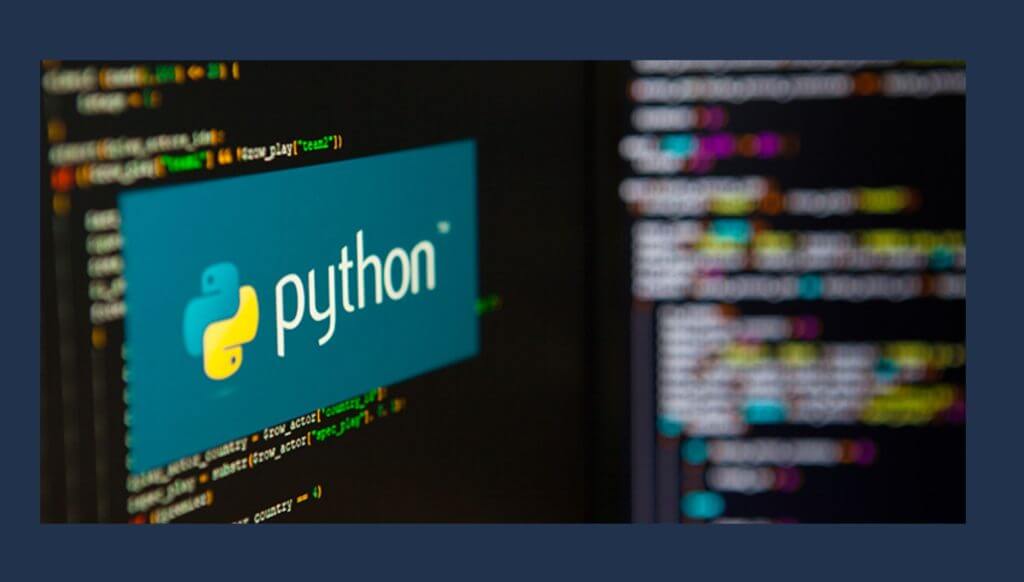
The high-level Python scripting language is growing in popularity among security professionals as well as hackers. It can be used for creating apps, blogs, mobile applications, and desktop GUIs. Aficionados of this language insist that the language is the perfect option for bad actors to use, because of its large culture.
The reasoning is that the user community’s convenient access to online assistance is intended to produce methods for a wide variety of exploitation that can be used for treacherous purposes.
Since Python is a high-level language for control, detail, and exposure to hardware, it is not comparable to C/C++.Conversely, for code written in Python, the readability of the language may provide a reasonable sense of the intended intent. For cybersecurity professionals, this makes Python for cybersecurity useful.
Security teams may use Python to conduct malware analysis, build intrusion detection systems, and submit TCP packets to machines without third-party software, with the help of an increasing number of libraries. This means that they can efficiently create systems and automate work.
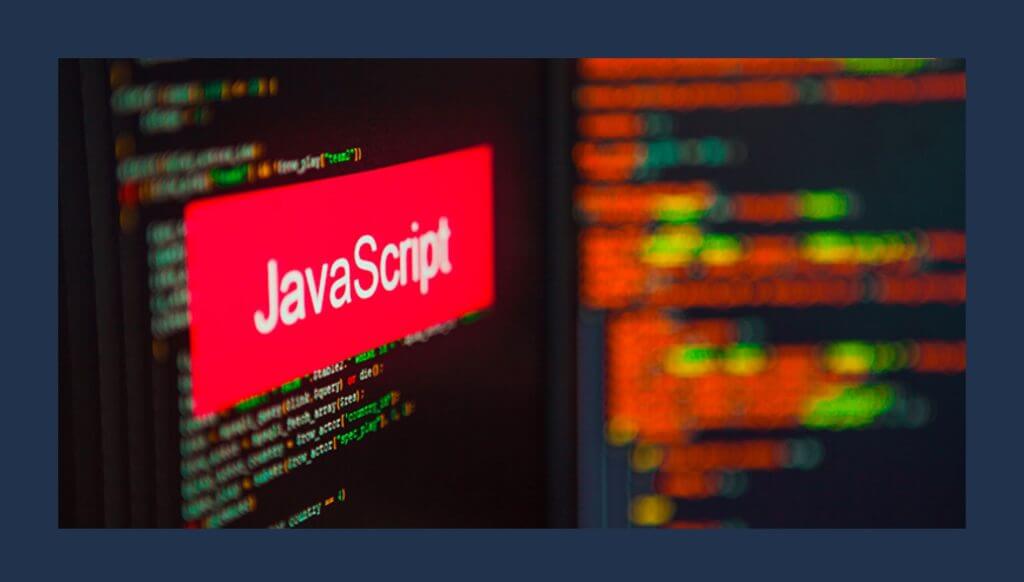
Not to be confused with Java, a high-level, just-in-time compiled, object-oriented programming language is JavaScript (JS). One of the internet’s key technology is JavaScript.
It is employed by the vast majority of websites, and most web browsers have a dedicated JavaScript engine for its implementation. JS offers the opportunity for websites to use animation and to be interactive.
To collect user feedback and browser info, JavaScript can be used by bad actors. Hackers may use JS via cookies to track data entered into a web form or analyze browsing habits.
It can be used to duplicate legitimate websites used in a phishing campaign with cross-site scripting that redirects users. An awareness of JavaScript can make a person more employable in the field of cybersecurity with its uses, both legitimate and nefarious. If their area of focus is on websites or web applications, a person should look to acquire and maintain knowledge of JavaScript.

PHP is a commonly used server-side language for open-source general-purpose scripting. To dynamically view data, many large-scale websites use server-side code.
Data is pulled from a database stored on a server and sent to the client to be displayed when necessary. Perhaps the most noticeable advantage of server-side code is that it enables individual users to provide user-specific website content. Based on user expectations and behavior, interactive websites highlight more important content. It can also make it easier to use websites by storing personal preferences and data, such as reusing saved credit card information to streamline subsequent payments.
A large number of websites are operated by PHP, including 75+ million WordPress websites. Some estimate that, although theirs is a custom version, 80 percent of the web is powered by PHP, including social networks like Facebook. Since its features make it easy to update a website, PHP has become popular. The ease-of-use features of PHP also make it more vulnerable to outside attacks. As a consequence, for those wishing to work in cybersecurity, PHP is an especially valuable programming language to learn.
DDoS (Denial of Service) attacks designed to cripple a website are one of the most popular hacking attempts on PHP-based sites. On a poorly built site, criminals may use PHP to remove all the data. Knowing how to find and fix these PHP code vulnerabilities will save the entire database of an organization.
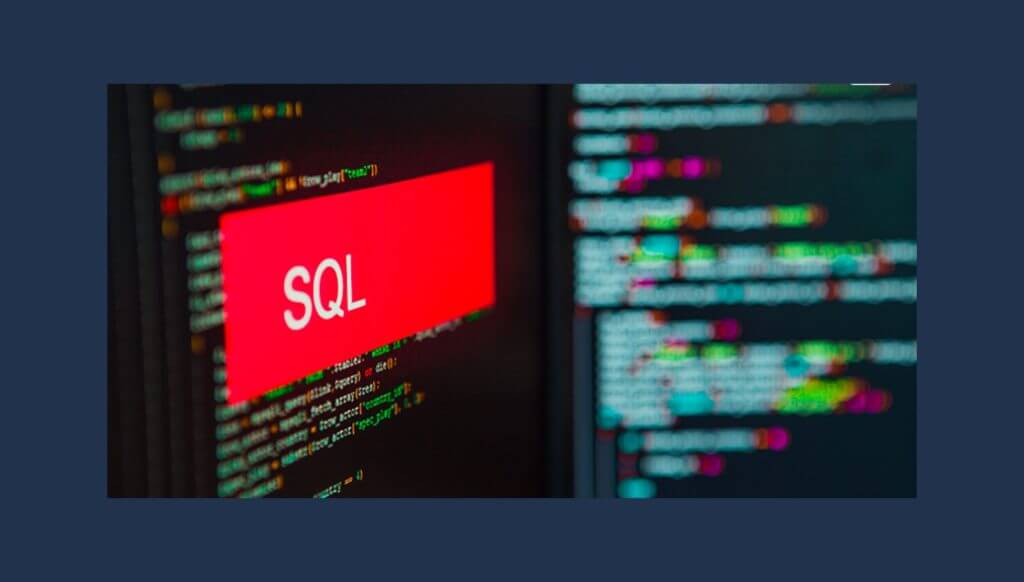
To control databases and retrieve the data stored in them, Structured Query Language (SQL) is used. A SQL query is a request to be carried out on a database for any intervention.
To obtain unauthorized access to resources or make changes to sensitive data, SQL injection (SQLi) is a common type of security exploit in which the attacker adds SQL code to a web form input box. An SQLi will reveal proprietary intellectual property, personal customer information, administrative credentials, or private business data if implemented correctly.
SQL injection attacks can be used to threaten any program that uses a SQL database, the most popular victim of which is websites. MySQL, Oracle, and SQL Server are popular SQL databases. Cybercriminals can make queries with SQL injection and get access to almost any data they want. The loss of passwords, bank account information, social security numbers, addresses, and much more can result in this.
For cybersecurity professionals, an understanding of SQL, its permissible uses, and how SQL injection is used to hack websites are important. One of the top threats to the security of web applications is SQLi. The mastery of SQL would greatly help security defenders, as well as pen-testers.
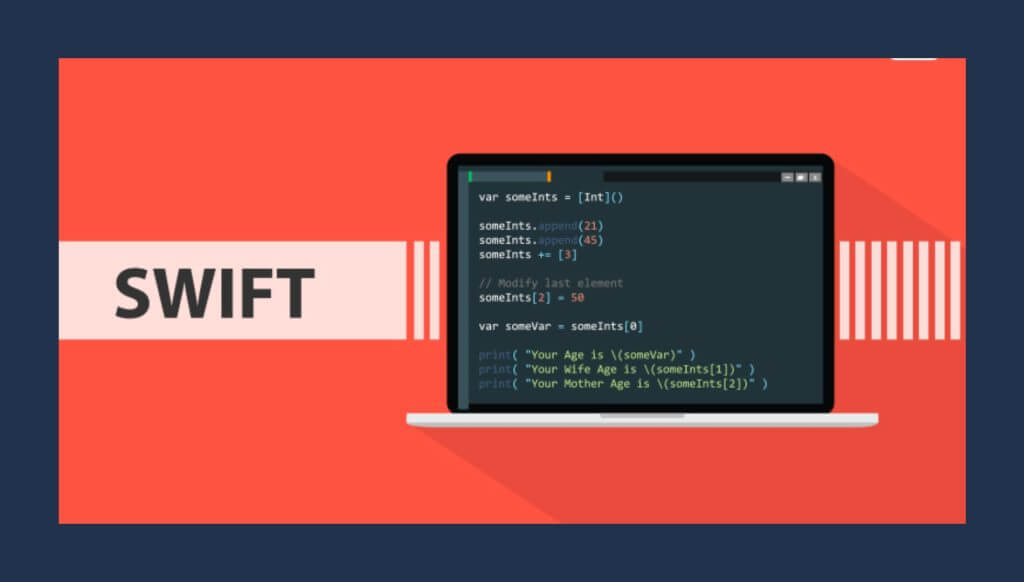
Swift for iOS, iPadOS, macOS, watchOS, tvOS, Linux, and z/OS is a general-purpose, multi-paradigm, compiled programming language developed by Apple Inc. It was unveiled at the Worldwide Developers Conference of Apple 2014 and was publicly released in September 2019.
Swift is an interactive programming language that blends modern language thought with the
wisdom of the larger engineering culture of Apple and its open-source community’s diverse contributions. Swift programming language is a good candidate for any cybersecurity practitioner to learn due to its rising popularity
among programmers, both legitimate and illegitimate, combined with the fact that mobile devices represent the single fastest-growing attack surface. This is particularly true for those who are focusing on production and security for the various products and operating systems of Apple.
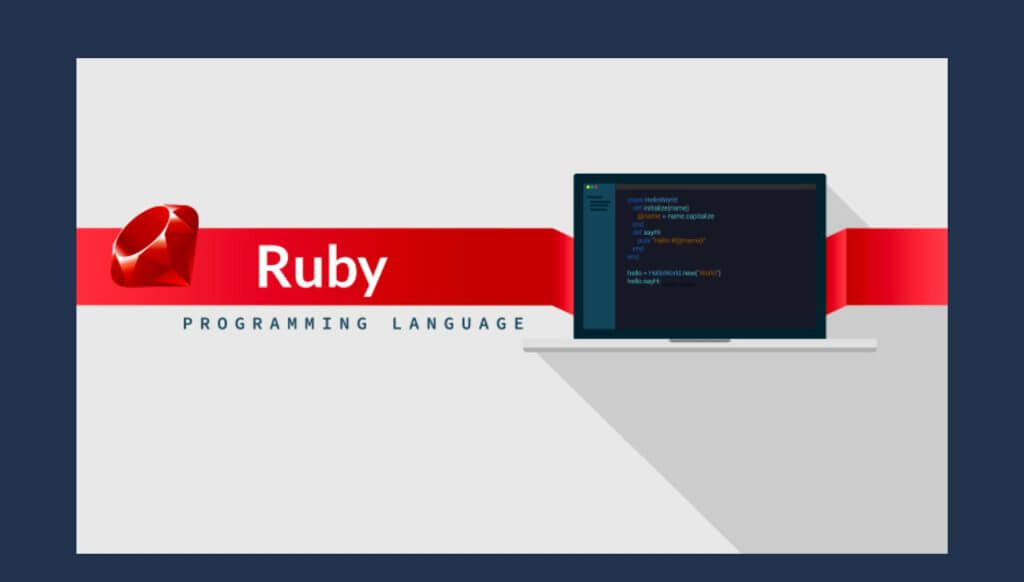
Ruby is a high-level, general-purpose programming language that is interpreted. In the mid-1990s, it was designed and produced by Yukihiro ‘Matz’ Matsumoto in Japan. Ruby’s syntax is broadly similar to Perl and Python’s. Written in the language of C. Its ease of use and inherent ability to manage massive code projects are lauded by regular users. Reports suggest that for websites such as Airbnb, Hulu, Kickstarter, and Github, Ruby is used widely.
It is advertised as “fun to work with.” It is a very high-level language that handles most of the machine’s complicated specifics, enabling programs to be developed easily with less code from scratch.
This programming language, which is easy to use and easy to understand, may potentially be a fantastic additional language to learn in an attempt to develop a cybersecurity resume.
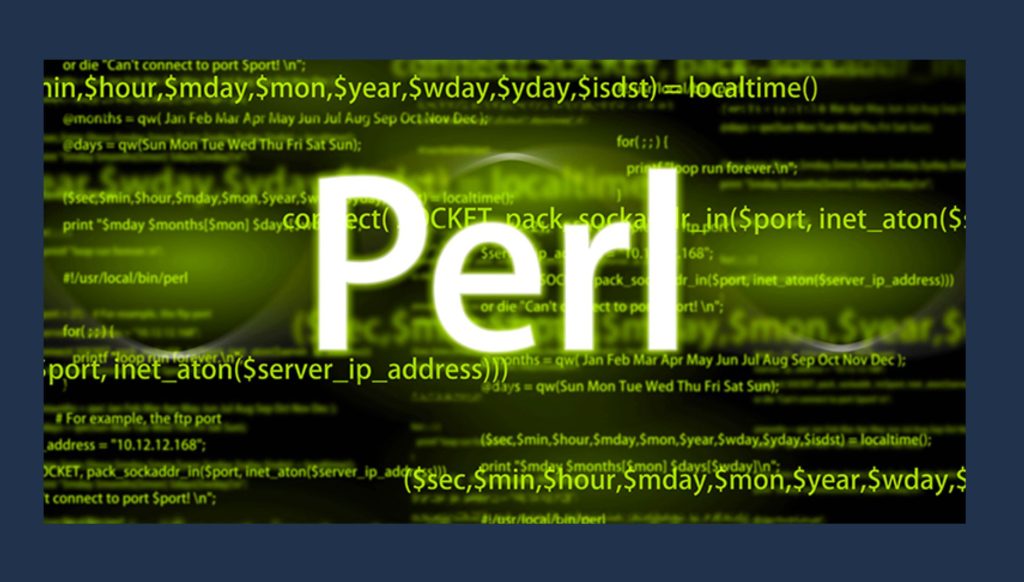
Perl is a general-purpose programming language that was originally designed for text manipulation and is now used for a wide variety of tasks, including system management, web creation, network programming, GUI development, and more. It is an interpreted language, meaning that without a compilation stage that produces a non-portable executable program, code can be run as it is.
Generally, Perl is known as a simple language to understand.
Though it is not almost as readable as Python, syntax from various programming languages such as C is borrowed from it. Therefore, it is popular with programmers that are skilled in those languages.
Although it is an older language and is frequently positioned as a rival to Python, since it has been used in a wide variety of legacy computer systems, Perl is especially useful for security practitioners. Sometimes, the same processes are the victim of bad actors.
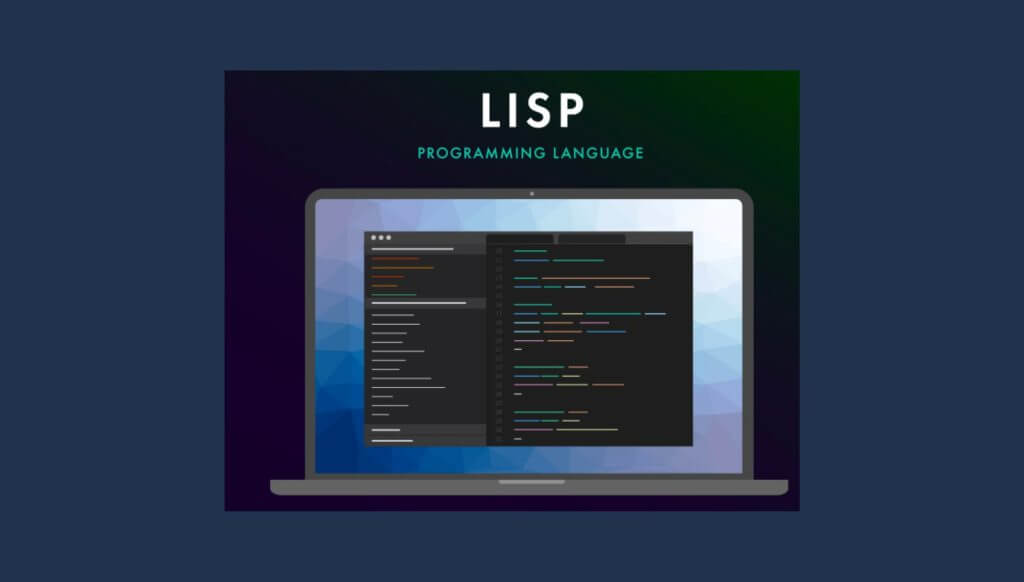
Lisp, originally defined in 1958, is the second oldest language of high-level programming in widespread use today. Only Fortran, by a year, is older. Lisp is not a common language because of the difficulties that programmers often have in mastering it. Nevertheless, it is extremely strong.
It is understood that complex attack instruments built and deployed by sophisticated opponents are created with legacy tools such as Lisp. The ability to exercise the power of this language will provide the cyber-defender with the means needed for in-depth protection.
There are plenty of cybersecurity courses where you can learn these languages and their use in cybersecurity. For example, you can join the following courses at universities:
1. Lancaster University: MSc in Cyber Security
2. Edinburgh Napier University: MSc in Advanced Security and Digital Forensics
3. Cranfield University: Cyber Defence and Information Assurance MSc/PgCert/PgDip
4. University of Warwick: MSc in MSc in Cyber Security and Management
5. University of Surrey: MSc in Information Security
6. University of Oxford: MSc in Software and Systems Security
7. University of Southampton: MSc Cyber Security
8. University of Birmingham: MSc in Cyber Security
9. University of York: MSc in Cyber Security
10. Royal Holloway: MSc in Information Security
Cybersecurity is not just learning about how to fix possible vulnerabilities. It’s a great deal more than that. An effective practitioner of cybersecurity would need to learn to think like a hacker. Intimate knowledge of the programming tools of the hacker would allow a defender to predict the attacker’s overall strategy and the employed tactics. The ability to recognize the tactics of the adversary quickly and thus predict his target would allow protection to be more effective in defending.